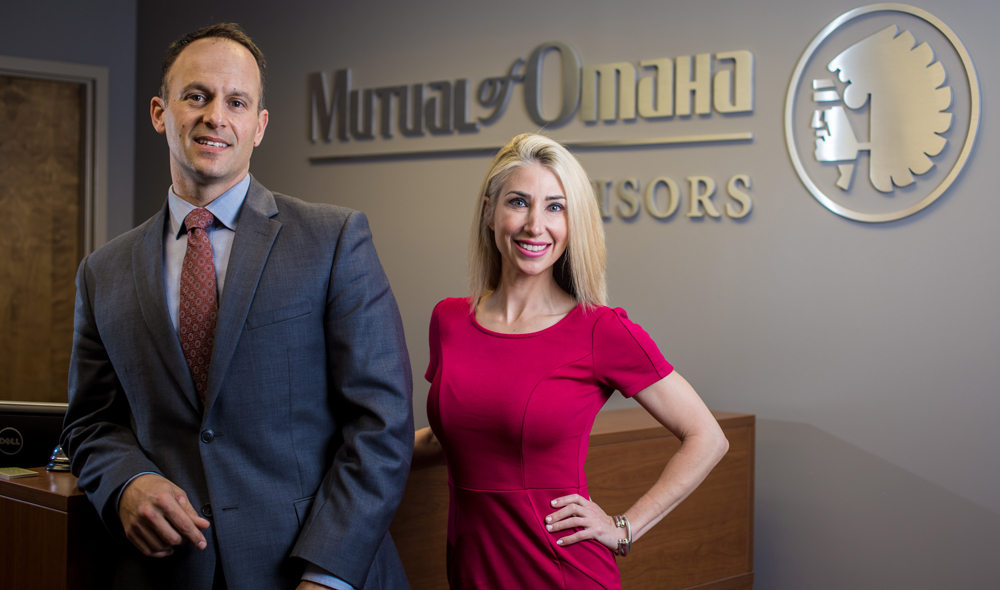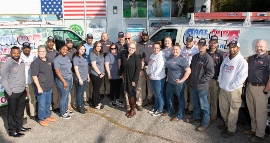SPONSORED: Mutual of Omaha is about the power of information
SPONSORED: Mutual of Omaha is about the power of information
BOOK OF EXPERTS | FINANCIAL PLANNING

Educating people about serious life decisions and options is key to successful planning
By Tim Goldman • Sales Director & Financial Advisor
When it comes to planning your financial future, believe us, we know it’s easy to put it off. No one likes thinking about life’s unknowns, much less planning for them. Too often, people just get overwhelmed and put off planning, or worse, do nothing. That’s scary! Make no mistake, there will come a time when you will have to deal with major life issues. You don’t want to wing it.
That’s where Mutual of Omaha Advisors can help. To us, the most important piece is for any client to have a trusted financial advisor, someone with resources and industry knowledge, they can talk to about these issues. It’s almost impossible for the average person to put all the pieces of the puzzle together — they just don’t have the time or expertise.
 Fortunately, that’s what we do — very well. To us, education is empowerment. Good information leads to good decisions. We strive to build strong, trusted relationships with our clients, families and businesses. The best way to do that is to listen to our clients and provide them the information they need to take control of their financial planning and make the best decisions for themselves.
Fortunately, that’s what we do — very well. To us, education is empowerment. Good information leads to good decisions. We strive to build strong, trusted relationships with our clients, families and businesses. The best way to do that is to listen to our clients and provide them the information they need to take control of their financial planning and make the best decisions for themselves.
With people living longer these days, one retirement roadblock many will face is longterm care expenses, which in the U.S. can easily average $100,000 per year. But even if you stay healthy and independent during your later years, will you outlive your savings?
Generally, most Americans have similar goals and questions about retirement, insurance coverages, legacy planning and other important financial issues. A key to developing your plan is understanding your needs and resources — what benefits are available to you from work vs. what you might need to personally provide — and how that all works together.
For example, one of our clients, a single mother, found her disability and life insurance coverage through work wouldn’t provide enough to take care of her daughter in the event something happened to her. We helped her augment her coverage so that her daughter would be well taken care of — which gave her great peace of mind.
We advise most people that they don’t need to do everything we’re discussing at once — but they do need to think about it. Start the education process early; there is a learning curve. You can make a plan, prioritize and set goals and keep analyzing, augmenting and refining that plan over time.
Again, that’s what we do, and we are always ready to help.


















